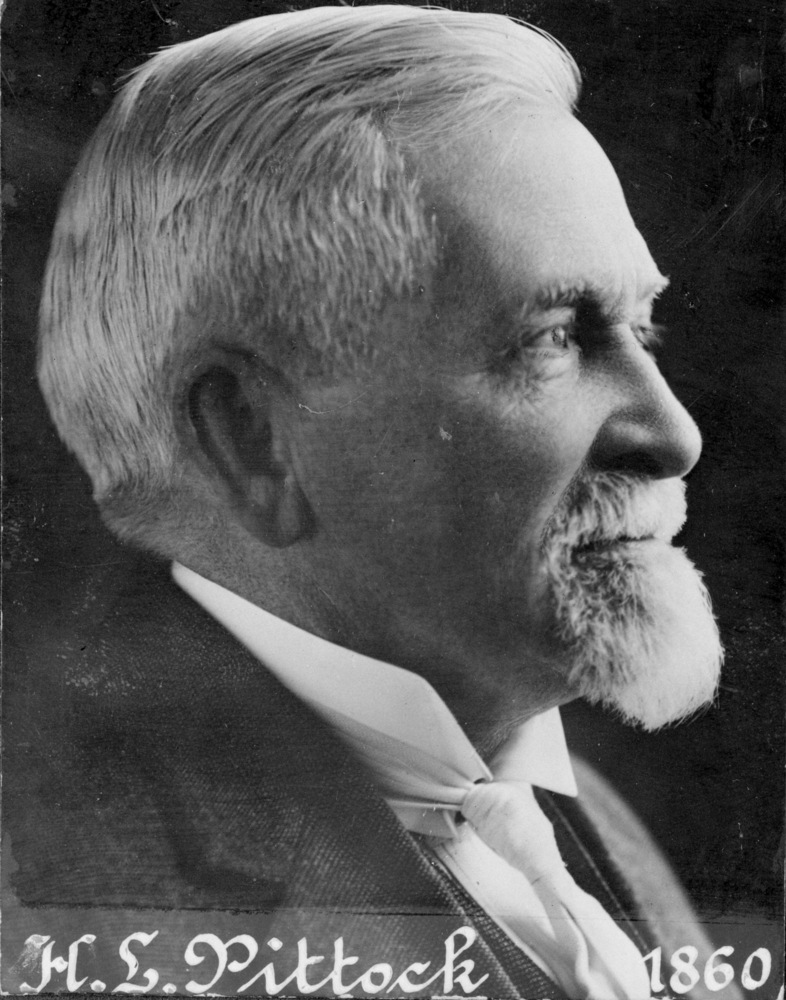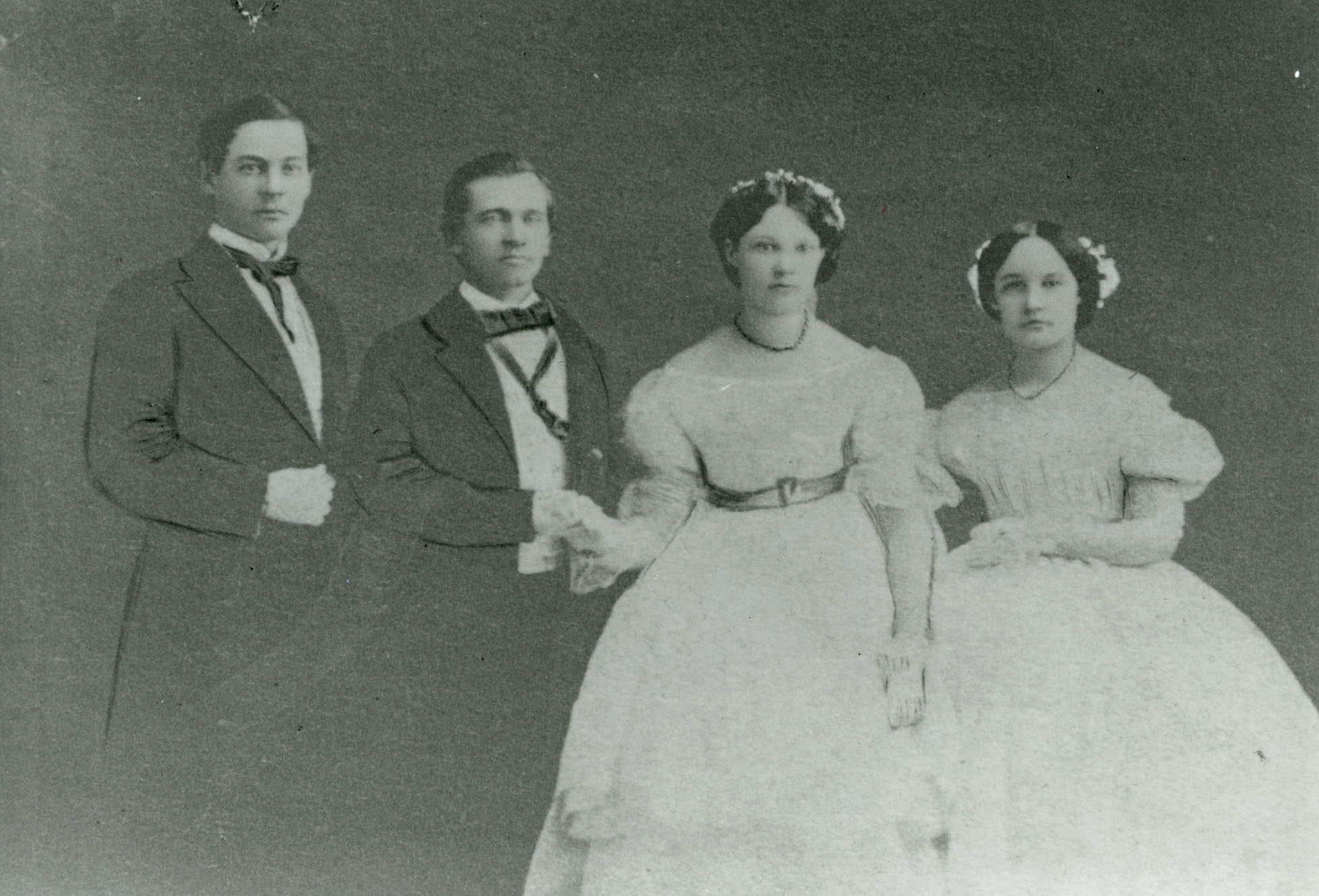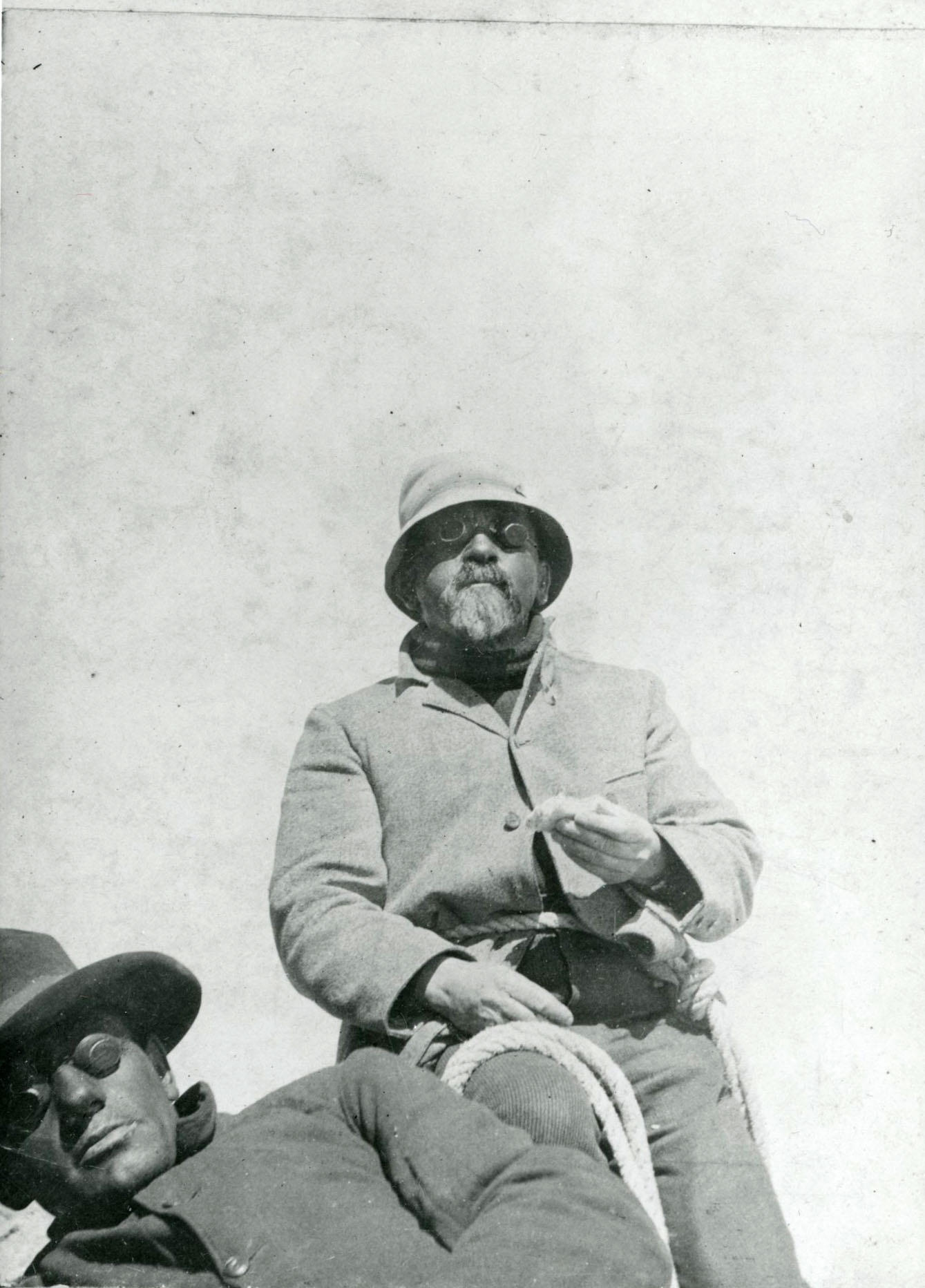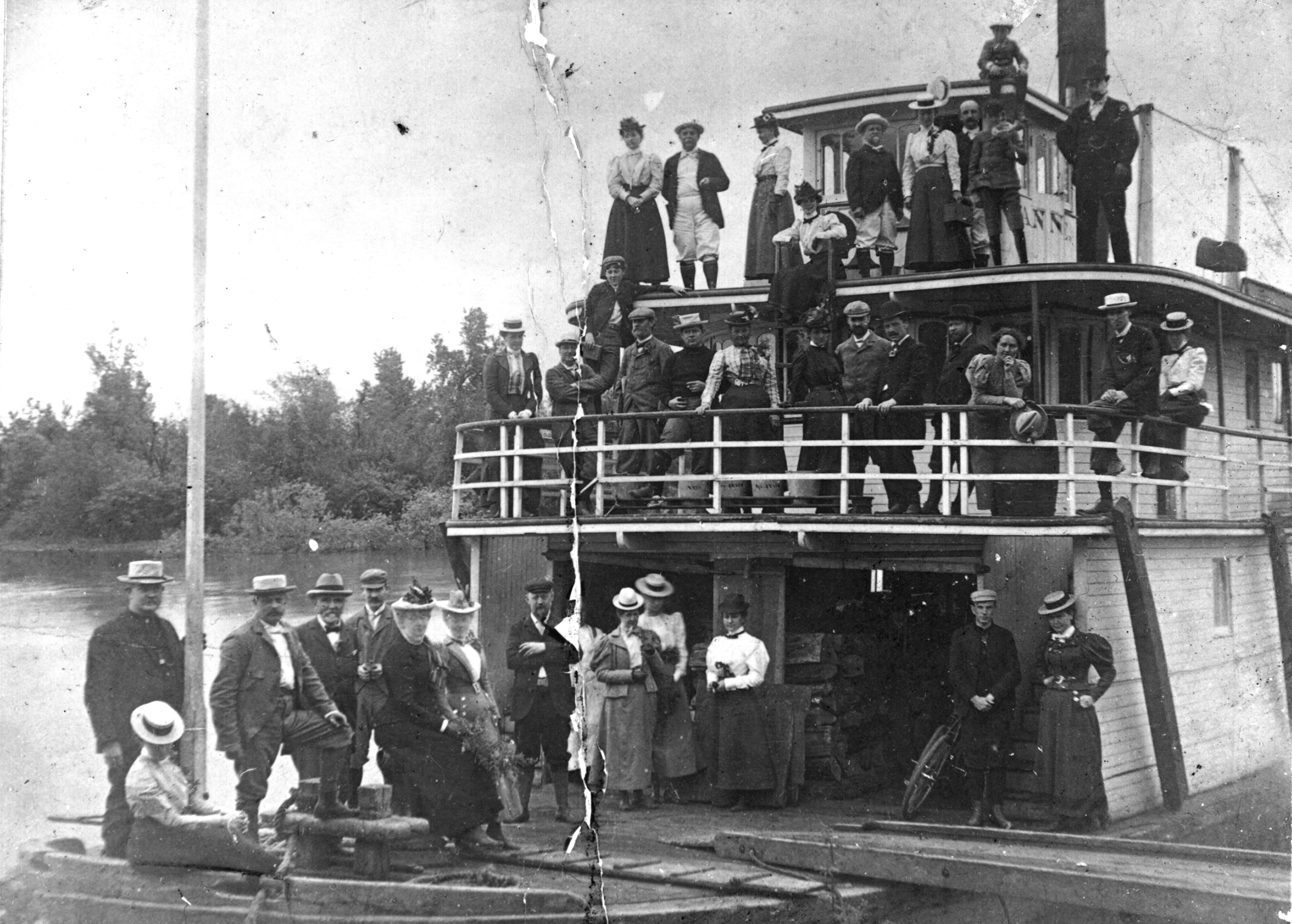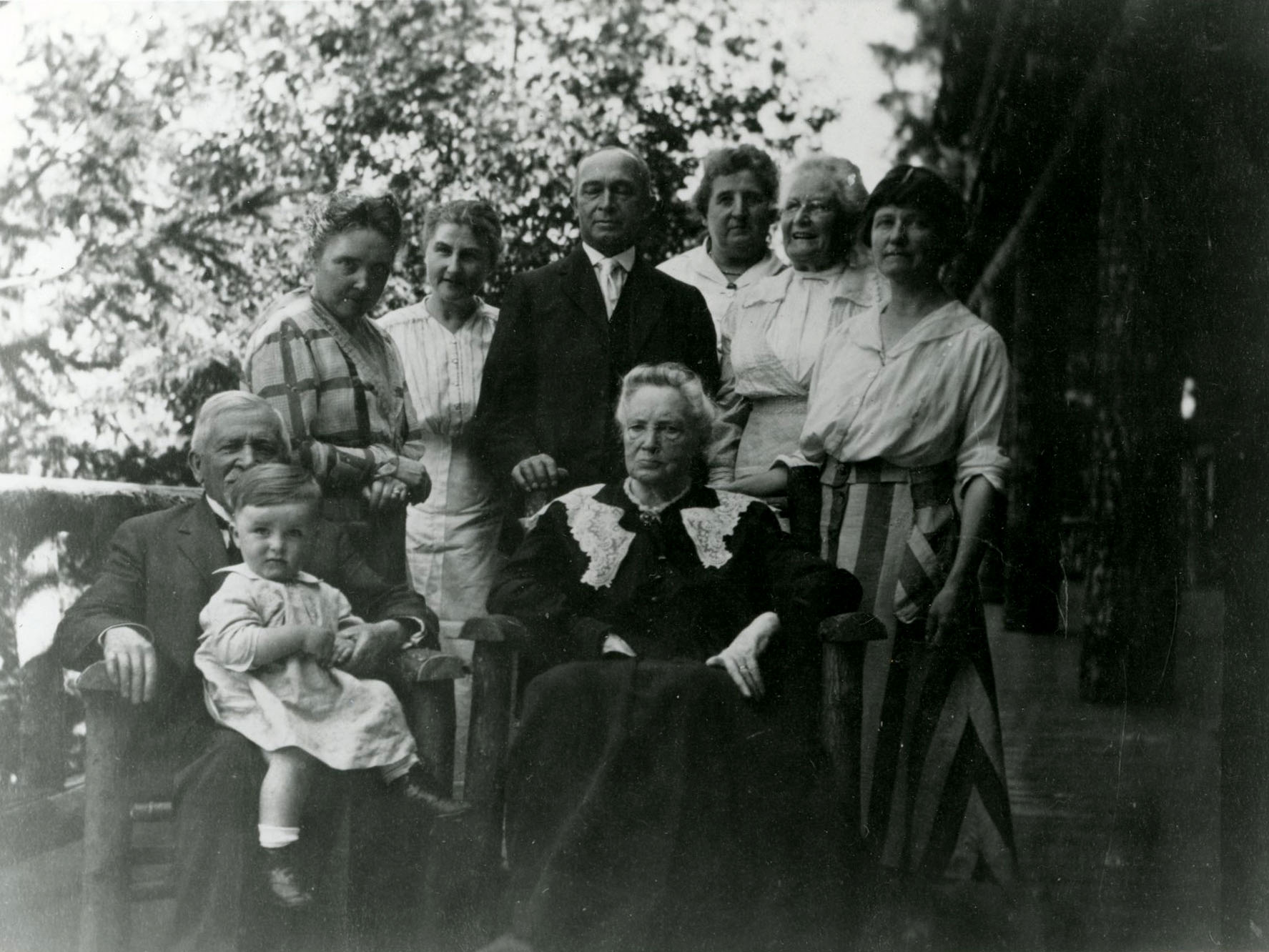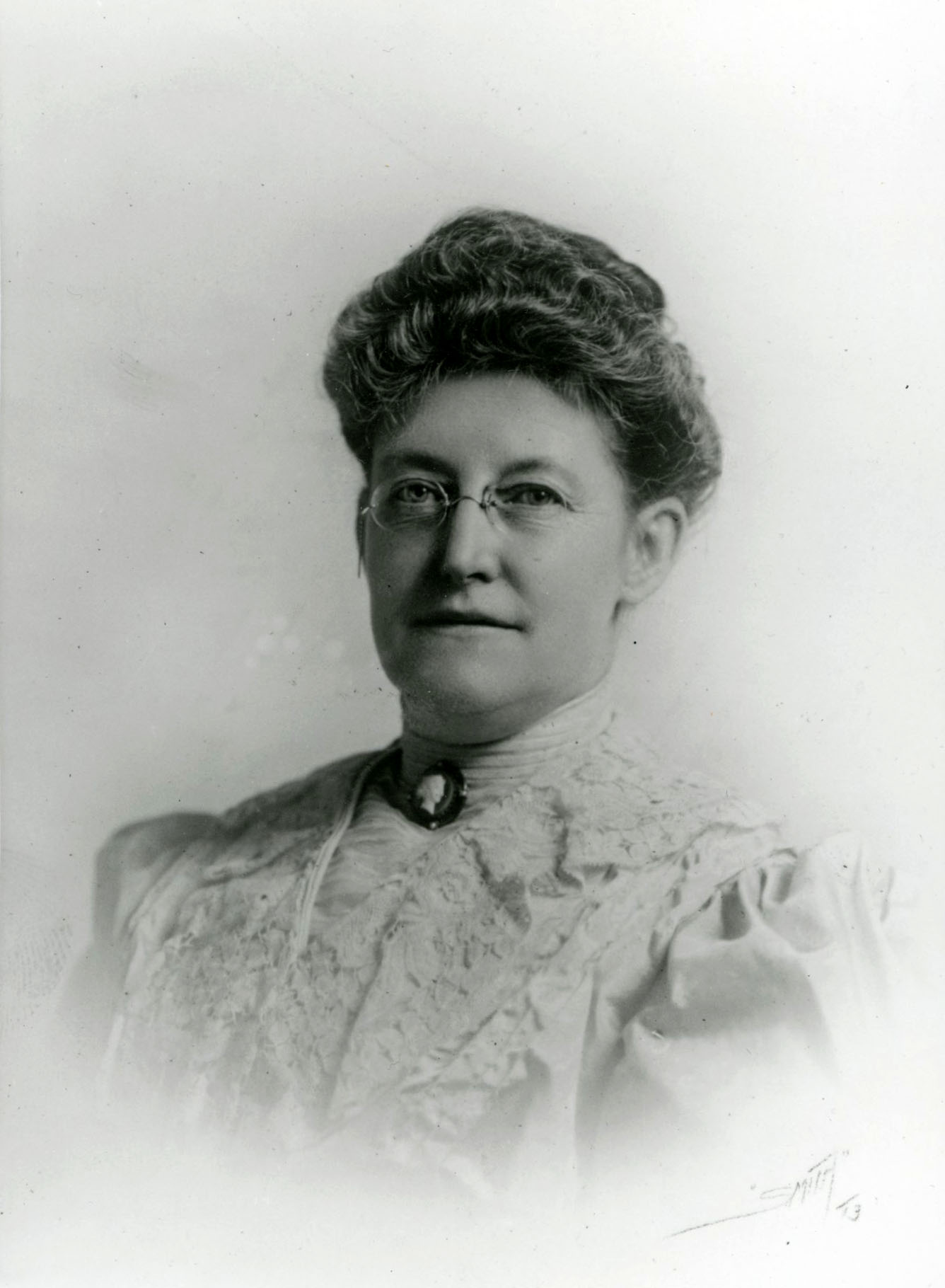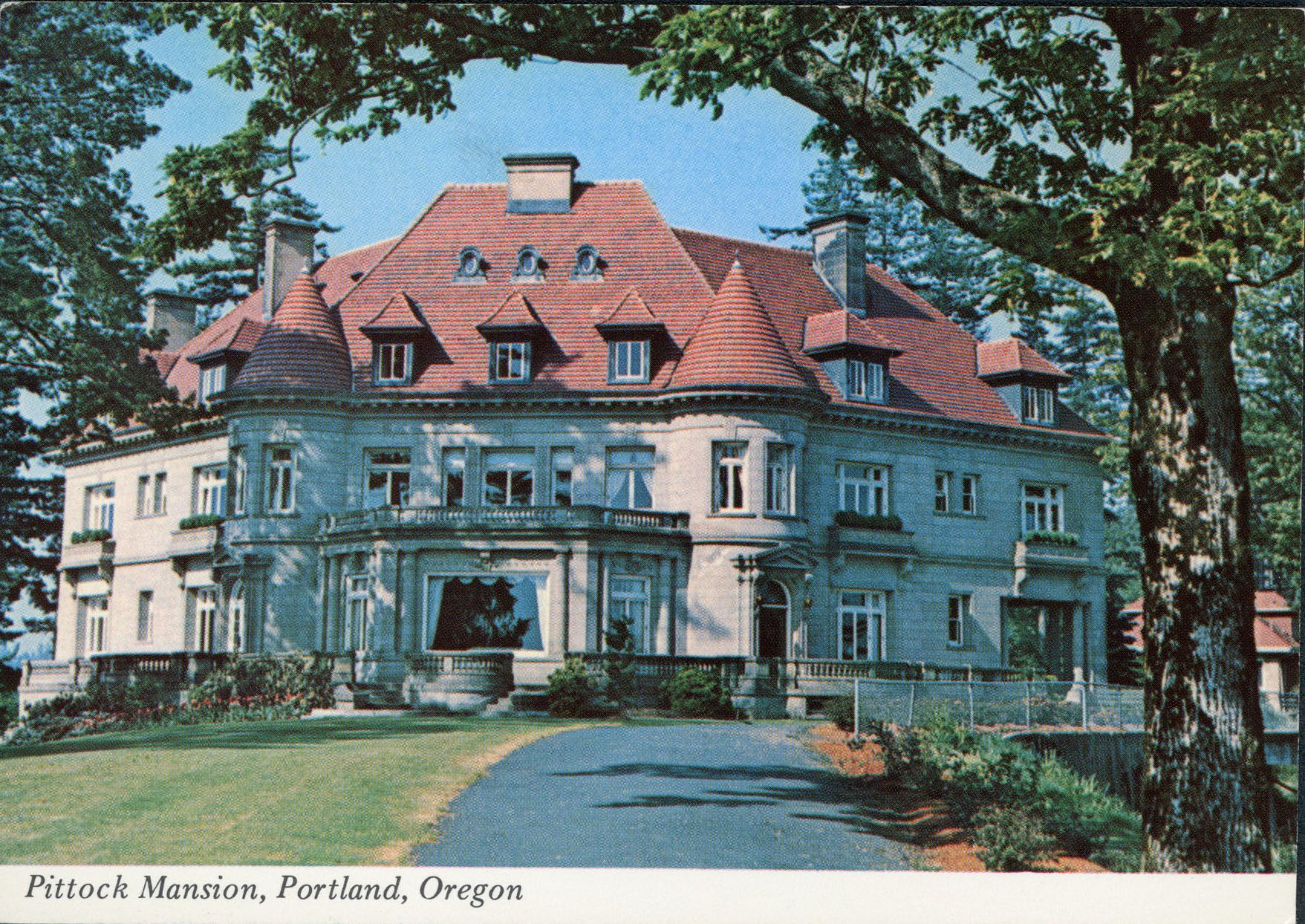Henry Lewis Pittock, longtime publisher of the Portland Oregonian, was born on March 1, 1835, in London, England, and raised in Pittsburgh, Pennsylvania. As a boy, he learned printing in the family's printing firm and studied at the Western University of Pennsylvania’s preparatory school.
On arriving in Oregon in 1853, Pittock—a penniless, big-shouldered eighteen-year-old—was hired by Thomas J. Dryer of Portland’s Weekly Oregonian. He worked as a printer, mailed papers, delivered them to the Oregon City transport hub, and soon rose to be shop foreman. In lieu of wages, Pittock, as business manager, was made one of Dryer’s partners from 1854 to 1856. In April 1860, Dryer mortgaged the paper to Pittock; he transferred it to him for debts on November 24 and left town.
When Pittock was twenty-five, with scant funds, he launched the six-day-a-week Morning Oregonian on February 4, 1861. He wanted the paper to be different from the weekly, to emphasize news over opinion, deliver news in a more timely fashion, and be less political. He pledged it to be “unflinchingly Republican,” to favor the Union, and to never “wantonly injure” opponents’ feelings.
Pittock vigorously sought prepaid subscriptions, advertising, and commercial printing work. Weekday circulation climbed from about 300 in 1861 to 1,000 in 1864, to 11,000 in 1880, and 15,600 in 1890. In mounting numbers, Portlanders bulked largest in circulation, but the Oregonian also found subscribers among people within a three-hour ride from Portland by train in 1881 and within a twelve-hour journey in 1909. By the 1890s, Pittock was publishing Oregon’s biggest (in pages and audience), most widely read and quoted, and most influential daily. Rural circulation made the weekly version of the paper the state's largest, until it ceased in 1922.
Low revenues and a quiet, cautious nature limited Pittock's publishing initiative. He adopted only proven editorial, business, and technical improvements—and then slowly. Still, he quickly exploited interest in the Civil War by securing telegraphed accounts; and in response to mounting population and advertiser demand, he added a popular Sunday edition in 1881.
Pittock engaged a series of editors before settling in 1865 on Harvey W. Scott. Serving the paper with only one hiatus until 1910, Scott became the Oregonian’s strongest editorial voice, while Pittock remained interested in local news coverage. In 1877, Pittock launched the Evening Telegram (which he sold in 1914) to offset afternoon competition and to reach Democrats. In 1888, he and Scott bought control of the Spokane Review but sold it in 1894 after heavy losses.
Both men stood for the established order. Pittock forged strong links to Portland business interests, especially wealthy individuals associated with the nation’s expanding financial, communications, and transportation networks. The Oregonian’s advocacy of unfettered regional development and government and its private investment in agriculture, transportation, and communications were primarily aimed at encouraging Portland and the business community to rise above such rivals as Oregon City and Milwaukie, Oregon, and Seattle, Washington. Partisan reporting and editorials identified the paper as a conservative Republican Party organ, opposed to George H. Williams and favoring Henry W. Corbett in the factioned state party. Loyalty to the politically successful Corbett won Pittock the lucrative State Printer’s appointment from 1864 to 1866.
Threatened with bankruptcy in 1872 by new competition from railroad magnate Ben Holladay's well-financed Bulletin, Pittock sold majority control of his Oregonian Publishing Company to Henry Corbett and others. In 1877, he secured majority ownership and Scott minority ownership.
By 1900, Pittock may have pledged his home up to seven times to pay the Oregonian’s debts. Mortgaged heavily for a palatial new headquarters at Sixth Avenue and Alder Street in downtown Portland, Pittock had to accept loans during the Depression of 1893, largely from Corbett, to retain his position. In addition to his properties, Pittock's conservative Republicanism and reputation for prudence and untiring labor furnished the collateral.
Pittock's Oregonian, with Scott as its editorial voice, boosted and benefited from the growth of Portland and the increasing influence of its generally conservative business interests. Together, Pittock and Scott turned the paper into the preeminent daily with a sizable influence in Oregon, and laid the groundwork for the sustainability of the modern Oregonian.
Throughout his career, Pittock's ambitions extended beyond Portland and the Oregonian. At the age of twenty-one, he invested in real estate and later opened Oregon’s second paper mill, partly to serve the Oregonian's presses. Over time, he acquired entire city blocks and owned land throughout the Northwest. He invested in paper and lumber mills, a sheep ranch, railroads, and a Portland bank. These ventures made him rich in the last third of his life and enabled him to build the handsome Pittock Mansion.
Pittock married Georgiana M. Burton in 1860, and they had five surviving children. Georgiana died in 1918; and when Henry Pittock died a year later, his $7.89 million estate was the largest then probated in Oregon.
-
![Henry Pittock.]()
Pittock, Henry, bb005784.
Henry Pittock. Oreg. Hist. Soc. Research Lib., bb005784
-
![Hentry L. Pittock, about 1861.]()
Pittock, Henry, ca. 1861, bb005794.
Hentry L. Pittock, about 1861. Oreg. Hist. Soc. Research Lib., bb005794
-
![]()
Henry and Georgiana Pittock (center), wedding day, 1860. Robert Pittock and Sarah Abrahams attend..
Courtesy Oregon Hist. Soc. Research Lib., Orhi61522, OPS61522, photo file 870
-
![]()
Henry Pittock climbing with a guide.
Courtesy Oregon Hist. Soc. Research Lib., 84381, Org Lot 869, folder 1
-
![Henry L. Pittock and others on the ferry "Willamette River."]()
Pittock, Henry, on ferry, Willamette R., ba004759.
Henry L. Pittock and others on the ferry "Willamette River." Oreg. Hist. Soc. Research Libr., ba004759
-
![]()
Members of the Pittock family, Henry and Georgiana in the front.
Courtesy Oregon Hist. Soc. Research Lib., Orhi86544, photo file 870
Related Entries
-
![Georgiana Burton Pittock (1845–1918)]()
Georgiana Burton Pittock (1845–1918)
Georgiana Burton Pittock was the founder of the Portland Rose Society a…
-
![Pittock Mansion]()
Pittock Mansion
Pittock Mansion was built high above the city on Imperial Heights in th…
-
![The Oregonian]()
The Oregonian
The Oregonian, the oldest newspaper in continuous production west of Sa…
Related Historical Records
Map This on the Oregon History WayFinder
The Oregon History Wayfinder is an interactive map that identifies significant places, people, and events in Oregon history.
Further Reading
Davis, Rob. "The Oregonian's Racist Legacy." The Oregonian. October 24, 2022.
MacColl, E. Kimbark, with Harry H. Stein. Merchants, Money, and Power: The Portland Eestablishment, 1843- 1913. Portland: Georgian Press, 1988.
N.J. Levinson, "Mr. Pittock and His Methods For Success as Publisher," Oregonian, Feb. 9, 1919.
Pittock, Henry L. "Story of the Daily Oregonian," Oregonian, Feb. 4, 1911.

